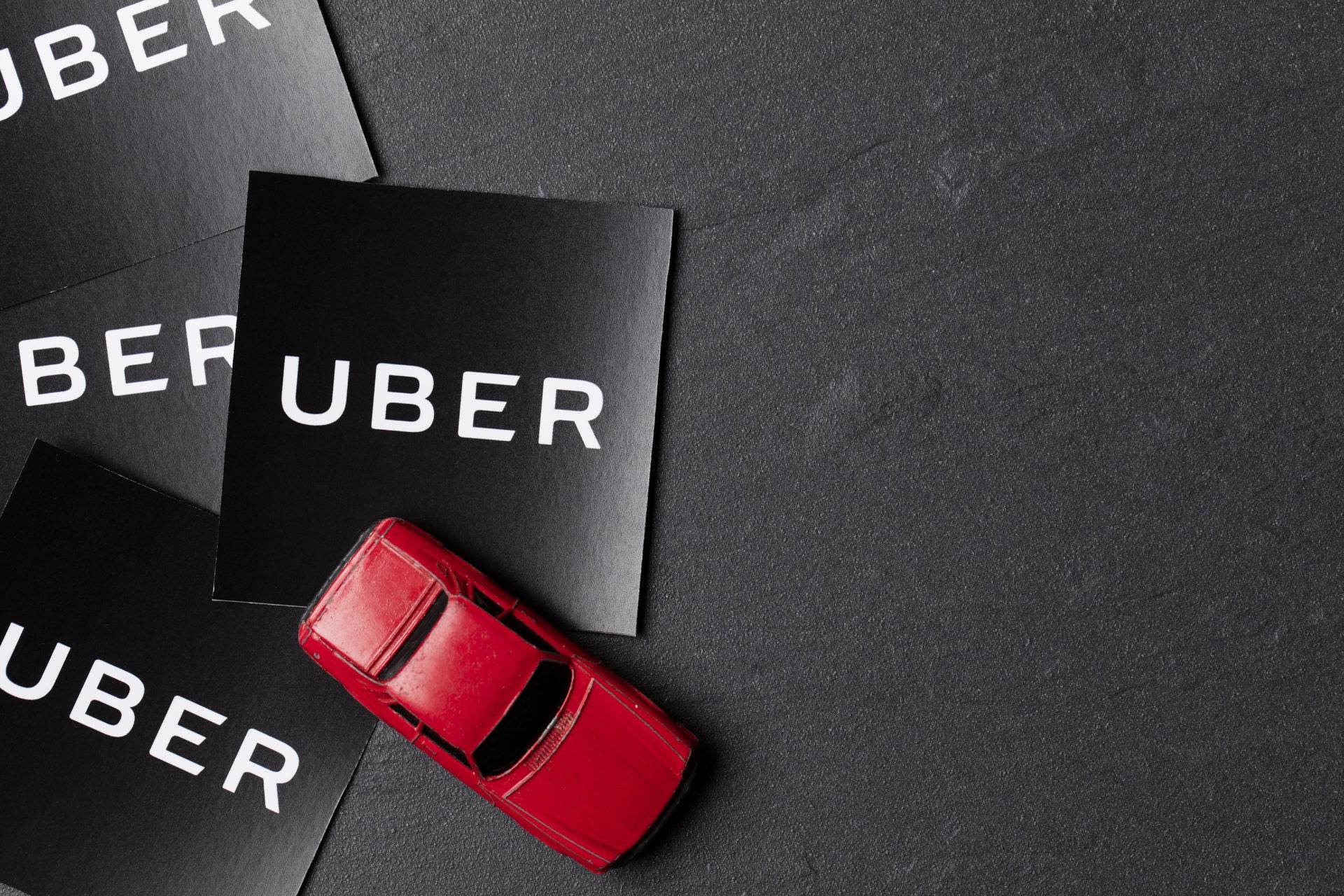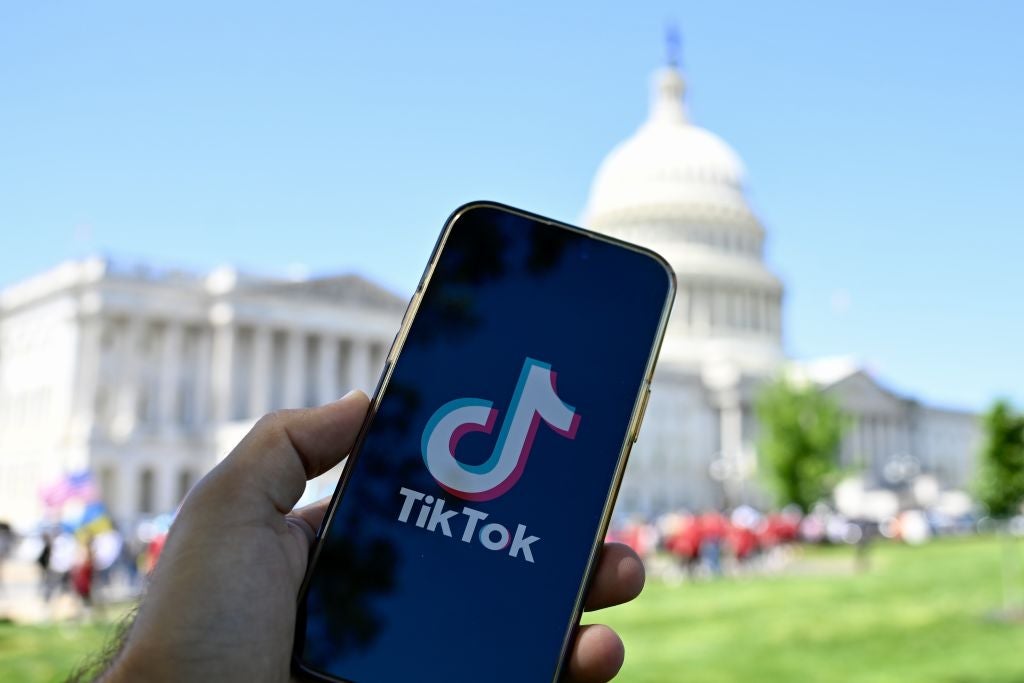
Transport for London has announced that Uber will not be given a new London licence after it was deemed “not fit and proper” to hold a licence in the capital, prompting many to look for alternatives.
In 2017, the ride sharing company lost its licence after TfL deemed it to not be a “fit and proper operator”. However, a judge granted it a 15-month extension. This expired in September, but Uber was then granted a two-month private hire operator licence extension, which came to an end on Sunday. Uber now has 21 days to appeal and can continue to operate during that time.
Although TFL acknowledges the “positive changes and improvements to its culture, leadership and systems” that Uber has made, it has identified a “pattern of failures” such as unauthorised drivers being able to operate due to “weak systems and processes”.
With 45,000 drivers and 3.5 million users as of 2017 in London, the loss of its biggest European market could have a big impact on the company. However, the news may have a positive impact on Uber’s ride hailing app competitors.
With Uber’s fate still unclear, what Uber alternatives are on offer in London?
London Uber alternatives: Bolt
Originally named Taxify, Bolt is a relatively new player in London’s ride hailing market after originally launching in the city in 2017, before quickly losing its licence after it emerged that it had bought another licenced taxi company rather than applying for its own.
How well do you really know your competitors?
Access the most comprehensive Company Profiles on the market, powered by GlobalData. Save hours of research. Gain competitive edge.

Thank you!
Your download email will arrive shortly
Not ready to buy yet? Download a free sample
We are confident about the unique quality of our Company Profiles. However, we want you to make the most beneficial decision for your business, so we offer a free sample that you can download by submitting the below form
By GlobalDataHowever, it relaunched in June this year, and has since grown in popularity, with 300,000 Londoners downloading the Bolt app, according to CityAM. The company also claims that all Bolt rides in Europe are now carbon-neutral due to carbon offsetting.
A spokesperson from Bolt said:
“We believe it is the duty of a responsible ride-hailing operator to work cooperatively with regulators in the best interests of the cities where we operate. We spent a year working with TfL on our successful London licence application and we continue to pay the utmost attention to the credentials of drivers we permit to use our platform. Recent events highlight the critical importance to public safety of not just checking but knowing who those drivers are and taking a deep interest in their overall wellbeing. Our vision for the future of urban mobility in London, and cities around the world, demands our commitment to delivering the value, quality, safety and care for the environment our customers expect. With more than 30,000 drivers carefully onboarded onto the platform, we have quickly become a trusted player in the capital.”
Kapten
French ride hailing company Kapten, formerly “Chauffeur Prive”, launched in London in May this year. Offering a loyalty programme for regular customers, the company has already amassed 20,000 drivers since it came to the city.
Kapten claims that its trips are 20% cheaper than Uber and has not been afraid of calling out its rival, running an ad campaign when it launched in London highlighting the fact that Uber does not pay VAT in the UK.
Mariusz Zabrocki, London General Manager of Kapten highlights the additional safety features the startup offers, arguing that the capital “doesn’t need Uber”:
“Uber has been banned by TfL for dodging regulations for the second time in two years. It’s a wake-up call for all of us, customers and drivers. London needs ride-hailing, but we don’t need Uber. At Kapten, we always verify drivers face-to-face before we activate them and we never allow drivers to change their pictures in the app, contrary to Uber. At Kapten, our main aim at this point is to make sure all drivers and riders affected by the potential ban know that the future needn’t look so bleak, as Kapten will be available.”
Ola
After launching in India in 2010, Ola has 125 million customers in 110 cities, according to the BBC. The company obtained its London licence in June, Ola already offers services in several other UK cities.
However, the company has attracted controversy in the past with the security of its app and the treatment of its drivers called into question.
Sam Dumitriu, Research Director at The Entrepreneurs Network believes that TFL’s stance on Uber could signal tighter regulations for the ride hailing market, affecting other providers too:
“Unlike the initial ban, there is now intense competition in London’s private hire market. However, there is a serious risk that a similarly aggressive regulatory approach will be applied to Uber’s competitors, such as Kapten and Bolt.
“Disruption, innovation, and competition in the private hire market has been overwhelmingly beneficial to Londoners. Cutting fares and wait times, while providing flexible work for thousands of drivers in London.”
ViaVan
Describing itself as an “on-demand shared transit service”, in which passengers share a car with others in a similar way to Uber Pool, ViaVan is the result of a joint venture between Mercedes-Benz Vans and Via.
ViaVan keeps 15% of the fare, compared with Uber which keeps 25%, offering a better deal for drivers, and claims to have carried out seven million journeys since its launch in London in 2018.
The company has already partnered with TFL, and was awarded a one-year demand responsive bus pilot in Sutton to provide “an alternative to private car ownership and single-occupancy vehicle trips”.
Nick Woodward, CEO of ETZ Payments, believes that the announcement could see former Uber drivers move over to alternative companies, including new arrivals to the London market:
“This news could come as a huge blow to the 45,000 drivers in London who work on the Uber platform, but one of the benefits of being freelance is that they do have the option to work for other companies as well as the famed ride-hailing app. With both Ola and ViaVan being offered licenses this year, this market and its operators are expanding, giving workers and customers more choice. If this decision by TfL is upheld, there will be a large gap in the market that these players will be racing to fill and a vast sum of drivers looking for other platforms to operate on.”
Read More: Uber loses London licence, jeopardising largest European market.







